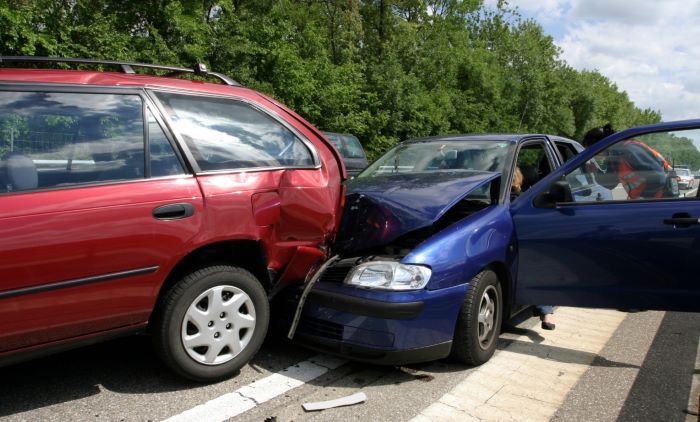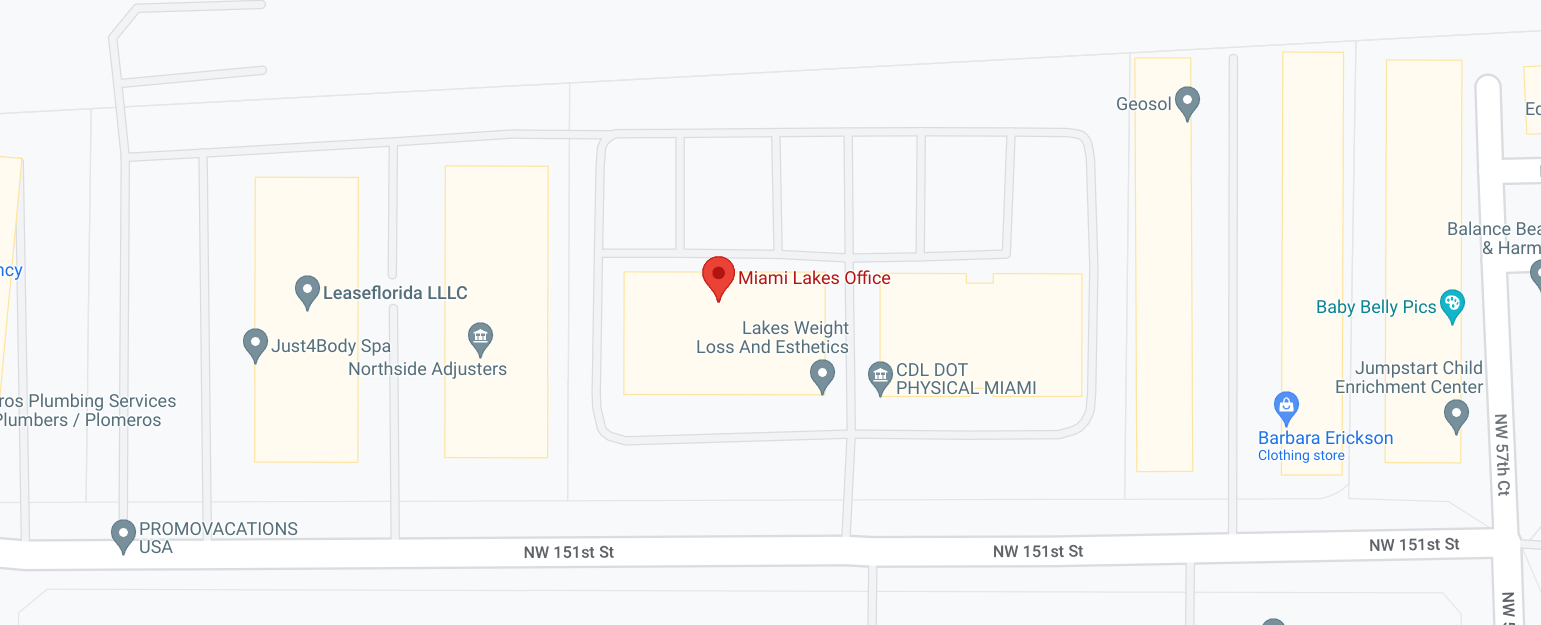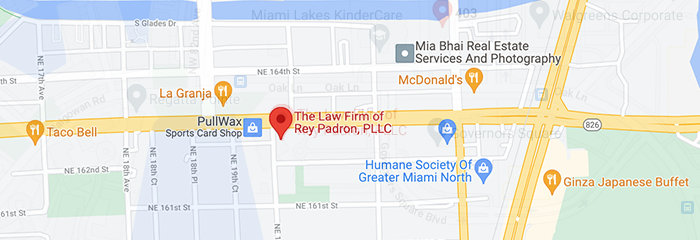Florida is one of only 12 U.S. states that follow the no-fault system for car accident insurance claims. Understanding what this law means is crucial to ensure you can get maximum protection when driving, especially when you are involved in a car accident. From injuries to car damage, you have a lot of financial burden to shoulder if you don’t know how insurance works in a no-fault system.
What is the No-Fault System in Florida?
The no-fault system in Florida under the traffic laws means that everyone driving must be responsible for covering their own damage when involved in a car accident. All drivers must have car accident insurance that covers their medical bills and other damages, regardless of who is at fault for the accident.
Specifically, all drivers must carry the personal injury protection (PIP) coverage. Florida is one of 12 states that follow the no-fault law.
If you are involved in a car accident within this system, two factors affect how you file your claim. First, your insurance coverage pays for the injuries and damages without questioning who is at fault. Second, the law restricts the victim’s ability to sue the at-fault driver by setting a monetary threshold or categorizing the types of injuries that qualify for legal action against the driver.
The 10/20/10 Rule
The best way to understand the benefits that you can get with the no-fault system in Florida, provided that you are insured, is based on the 10/20/10 concept. It means that an insured driver will receive $10,000 worth of coverage for bodily injuries, with a maximum of $20,000 per accident, and $10,000 for property damage.
In case of death, there is an additional benefit of $5,000 that would be given to the insured driver’s beneficiaries. If an insured driver suffers from a “permanent” injury resulting from the car accident, it gives you the right to file a claim against that driver. Permanent injury is any type of injury that causes a ‘significant loss’ to bodily functions, such as permanent scars or disfigurement.

Why and When Did Florida Adopt the No-Fault Law?
Florida is the second state to adopt the no-fault traffic law. The no-fault law has been in effect in the state since it was adopted in 1971. The Florida Legislature signed an agreement that requires insurance companies to cover an insured person involved in a car accident for up to $10,000 in coverage, regardless of who is at fault.
Personal Injury Protection (PIP) coverage is mandatory for drivers in Florida. However, it’s worth noting that this insurance coverage pays only for the medical bills of the insured person, and not the other drivers involved in the collision. The coverage can be split into the following: 80% of medical bills, 60% of lost wages, and 100% of the cost for replacement, if the injured person loses significant abilities as a result of the accident.
This coverage applies within the state of Florida, regardless of whether you own the car or it was rented.
Reasons for the Florida No-Fault System
The Florida legislature system has specific reasons for adopting the no-fault system. Here are the benefits of following this system.
1. Quicker Access to Medical Care and Compensation
The primary purpose of the no-fault system in Florida is to streamline access to medical treatment and compensation relating to medical costs. Using the other fault systems, an investigation must be conducted first to determine which driver is at fault during a car collision in Miami. This process can take several weeks or months, depending on the circumstances surrounding the car accident, especially when multiple vehicles are involved.
With the no-fault system, the injured driver’s insurer must pay them the corresponding amount to cover their medical expenses or lost wages due to injuries sustained. It eliminates the need for the Miami drivers to pay out-of-pocket expenses or lose their income while they recover. In comparison, a car accident investigation and lawsuit could take much longer, so you have to carry the burden of paying for your medical treatment while waiting for a resolution.
2. Reduce the Need for Civil Lawsuits
When the no-fault law was passed, the intention was to lower the number of civil lawsuits among Florida drivers. In addition, it also aims to overcome the amount of wrongful civil lawsuits and convictions that are caused by negligence.
So, instead of filing a lawsuit against each other, the two drivers involved in the car accident can get immediate coverage from their respective insurance policies. They no longer have to argue about who is at fault, knowing they could get access to the medical care they need.
Moreover, the no-fault system in Florida places a minimum threshold amount for the severity of injuries. Unless the injuries sustained are above that threshold, they cannot file a lawsuit against the other party.

3. Access to Death Benefits
In the unfortunate incident when a car accident results in fatality, the no-fault system guarantees that the victim’s family can obtain a death benefit on behalf of the victim in a car accident. This benefit is on top of the medical and wage benefits that you can get as part of your insurance coverage.
How a Miami Car Accident Lawyer Can Help with Florida’s No-Fault System
It is not every day that you are involved in a car accident. Therefore, most Florida drivers have no way of knowing how the no-fault system works unless they find themselves in this undesirable situation. It is unacceptable if you find yourself overwhelmed or unsure about what to do in your situation and how to ensure you can get adequate medical care and coverage for lost wages or other damages.
However, a car accident lawyer in Miami knows the ins and outs of the Florida traffic laws. Their expertise ensures that your insurance company will pay the appropriate amount to cover your medical bills and other expenses. They can represent you as you file your no-fault claim to ensure you get the maximum payout and other legal nuances involved in car accidents in Miami, allowing you to focus on recovery while the attorney handles the legal aspects.












